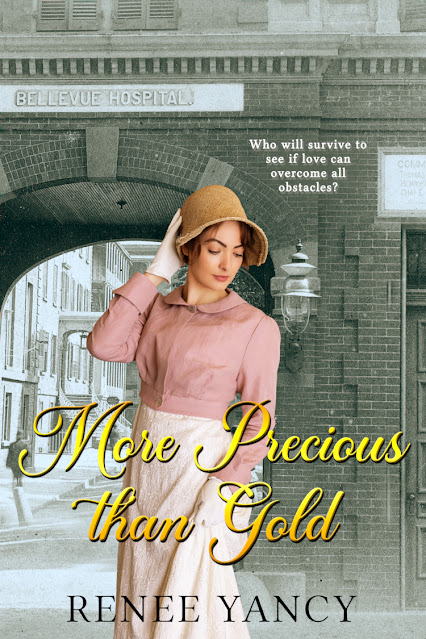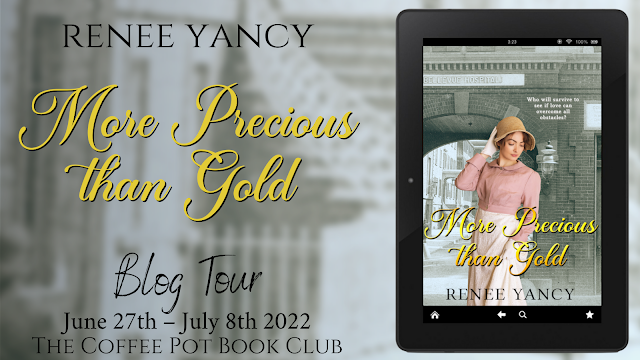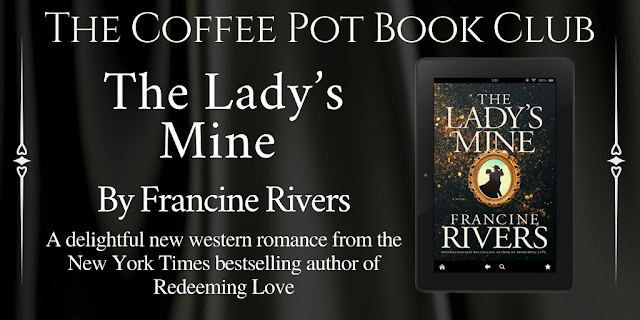Deborah Swift
Publication Date: 22nd October 2019
Publisher: Headline Accent
Page Length: 365 Pages
Genre: Historical Biographical Fiction
London, 1666.
Elizabeth 'Bird' Carpenter has a wonderful singing voice, and music is her chief passion. When her father persuades her to marry horse-dealer Christopher Knepp, she suspects she is marrying beneath her station, but nothing prepares her for the reality of life with Knepp. Her father has betrayed her trust, for Knepp cares only for his horses; he is a tyrant and a bully, and will allow Bird no life of her own.
When Knepp goes away, she grasps her chance and, encouraged by her maidservant Livvy, makes a secret visit to the theatre. Entranced by the music, the glitter and glamour of the surroundings, and the free and outspoken manner of the women on the stage, she falls in love with the theatre and is determined to forge a path of her own as an actress.
But life in the theatre was never going to be straightforward - for a jealous rival wants to spoil her plans, and worse, Knepp forbids it, and Bird must use all her wit and intelligence to change his mind.
Based on events depicted in the famous Diary of Samuel Pepys, Entertaining Mr Pepys brings London in the 17th Century to life. It includes the vibrant characters of the day such as the diarist himself and actress Nell Gwynne, and features a dazzling and gripping finale during the Great Fire Of London.
The third in Deborah Swift's atmospheric trilogy, bringing to life the women in Pepys' Diary. Each novel features a different character and can be read as a standalone book.
Writing Historical Fiction based on a Diary
By Deborah Swift
Easy? Not.
Pepys Diary is the most famous diary in England. When I first had the idea of writing a book based on the women in Pepys’ Diary, I imagined it would be easy. Pepys would tell me what the women were doing, and all I had to do was re-imagine their lives from a different perspective. Of course this was naïve, and the process turned out to be far more complex than I could have imagined. To construct a historical novel from a diary is an interesting exercise in patience, perseverance and painstaking reading.
 |
| Samual Pepys. |
In the first novel, (Pleasing Mr Pepys) the three women in the novel were those literally the closest to him; his wife, his maidservant, and the woman who lived next door. As I began to piece together a life for them, I soon saw that his wife Elisabeth might be in the diary every day for months, and then suddenly disappear - there would be no reference to her for weeks. Presumably though, she was still in his bed every night, and running the household. Deb Willet’s story spanned months of intense entries, before she was dismissed for her affair with Pepys, and after that she only appeared sporadically.
Sneaky ladies
Effectively this meant that if I were to follow the chronology in the diary, Pepys himself had control over the pace of the story and what was important to him, disenfranchising the women. To take control back for these women, I needed to compress the parts that were mundane, even if those entries were long, and expand upon those where very little was written, because in these gaps the more interesting story was taking place. This had its problems though. For example I couldn’t just re-locate characters at will. If Elisabeth Pepys had decided to go abroad, or leave him for example, he surely would have mentioned it in his diary. Maids still had to fix fires as usual, even if their lives were unravelling.
 |
| The first page of Pepys diary. |
Because of this, all the women in the trilogy became more furtive, and their adventures more hidden than I had originally intended, because their ‘ordinary life’ must continue and not arouse Pepys’ suspicion. Undoubtedly though, this led to much more interesting stories, and much of the tension lies in the fact Pepys is oblivious to what is going on right under his nose!
Pepys’ diary is a gift for a novelist as he was interested in everything – science, art, literature - and he supplies us with many small details that give an insight into 17th Century London. The downside is that things can’t be ‘made up’ for effect. No use thinking I could add atmosphere with a storm, when Pepys tells us quite clearly the weather was sunny and dry.
Chronology Nightmare
When it came to writing the second and third books, many of the characters’ lives overlapped. So – should I try to refer to the other women’s stories in the new books, or ignore them? Both Bess Bagwell (in A Plague on Mr Pepys) and Bird Knepp (Entertaining Mr Pepys) lived through the Plague, but in very different ways and with different experiences. Could I write the same event twice? In the first book, Deb Willet the maid arrives in London after the devastation of the Great Fire, whereas in the third book Bird Knepp rescues her husband’s horses from the Great Fire.
 |
| A map of the damage caused by the Great Fire. |
The chronology of the books was a constant concern, with me checking and re-checking Pepys’ diary entries to check the women’s stories would be congruent not only with the diaries, but with each other.
Difficulty of the Diary Form
You might think that in a novel based on a diary, this might be the natural form for a writer to choose, but I made a deliberate decision not to use the journal form. This was because then the reader is only party to reflection after the event and does not witness the actual scene in real time. This has a distancing effect, and I wanted to really immerse the reader in the time.
Ultimate Rewards
Although each woman is a very different character, in a sense, all the women in the diaries are aspects of myself. A frightening thought, but it was the only way I could inhabit them, because I was imagining myself into the gaps. So the diary instead of pushing me towards the more factual, actually pushed me to the more fictional – one of the paradoxes of writing from a historical diary, but one which was its joy and ultimate reward.
Deborah Swift is the author of three previous historical novels for adults, The Lady’s Slipper, The Gilded Lily, and A Divided Inheritance, all published by Macmillan/St Martin’s Press, as well as the Highway Trilogy for teens (and anyone young at heart!). Her first novel was shortlisted for the Impress prize for new novelists.
She lives on the edge of the beautiful and literary English Lake District – a place made famous by the poets Wordsworth and Coleridge.

































